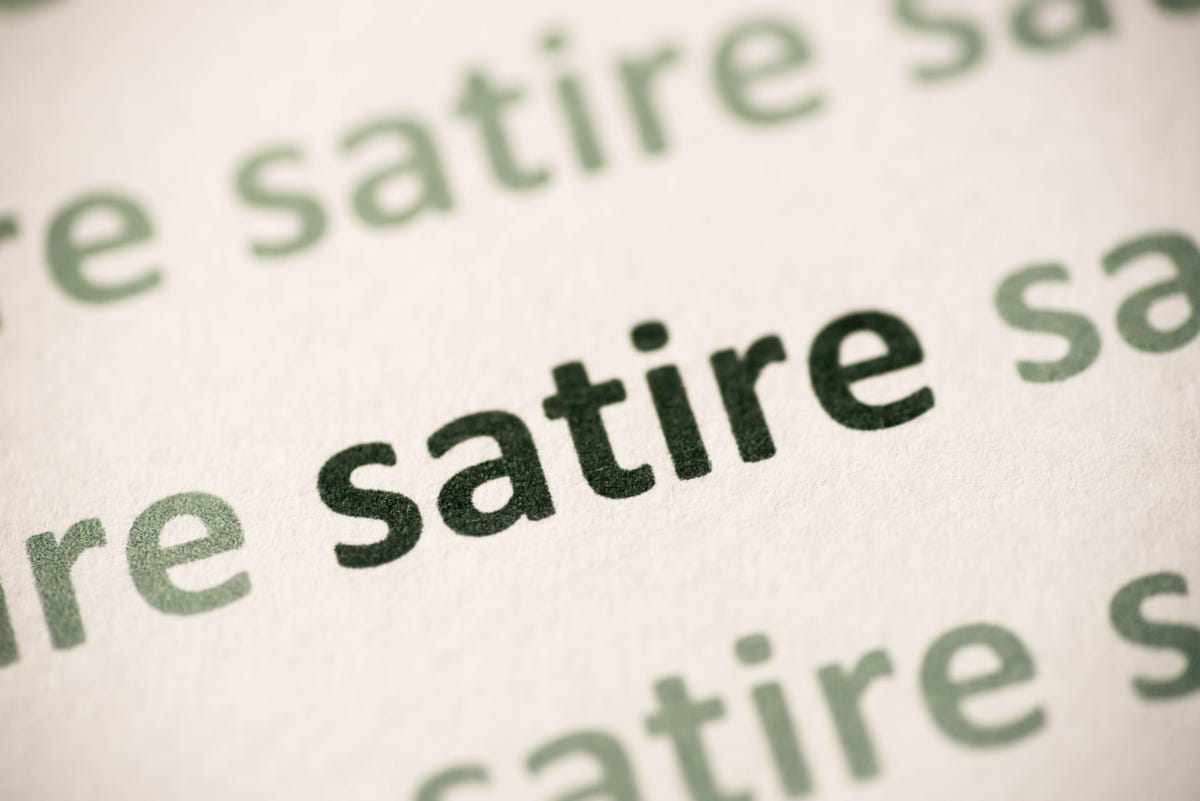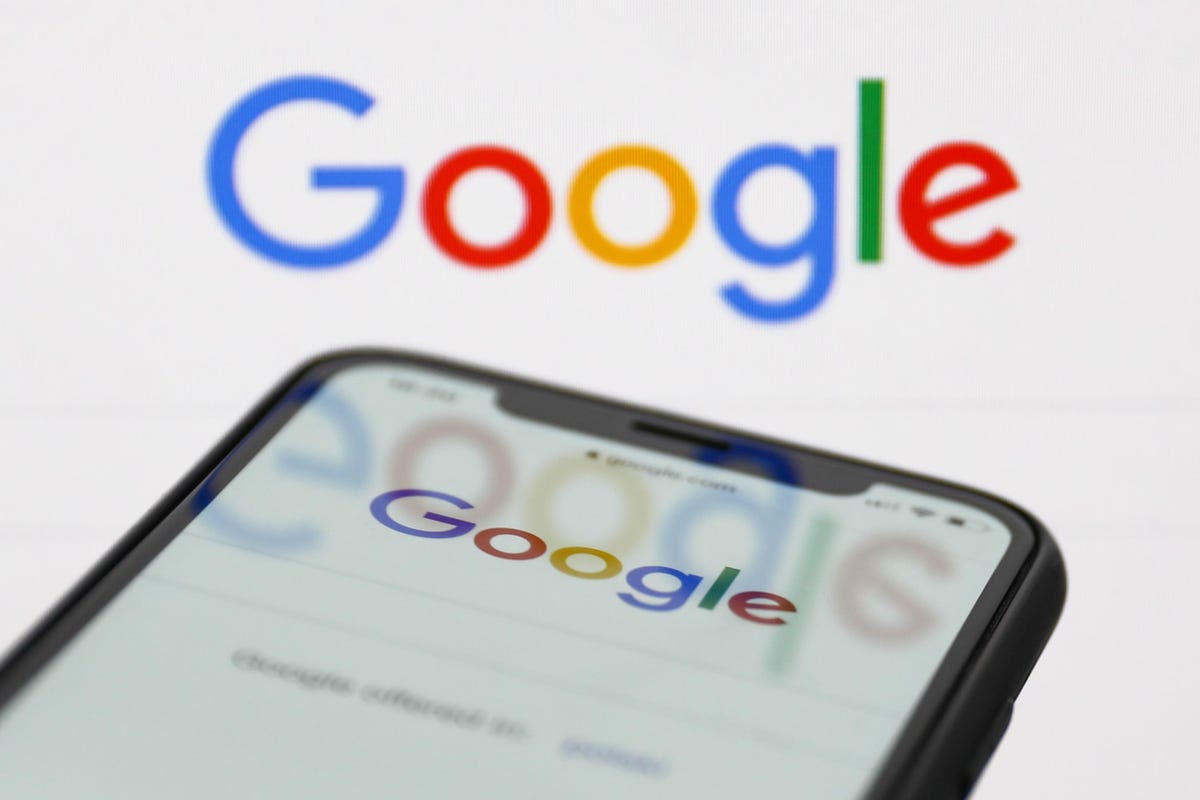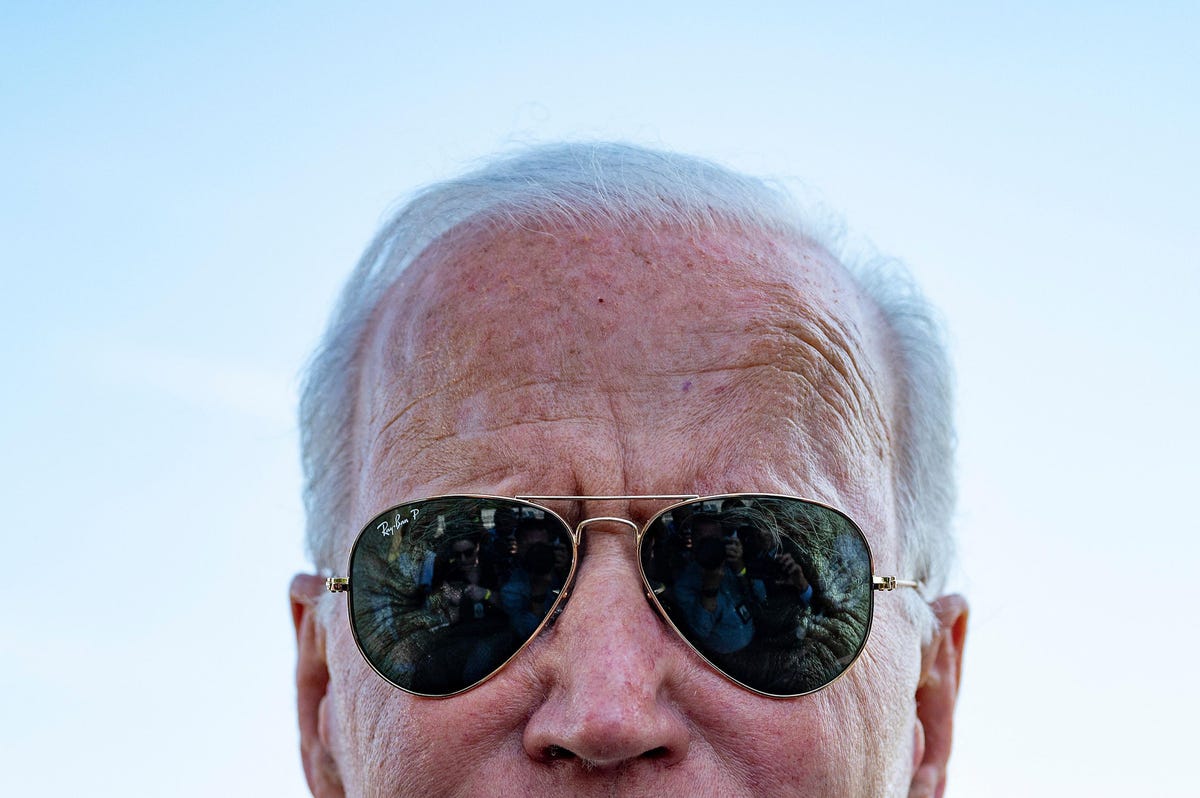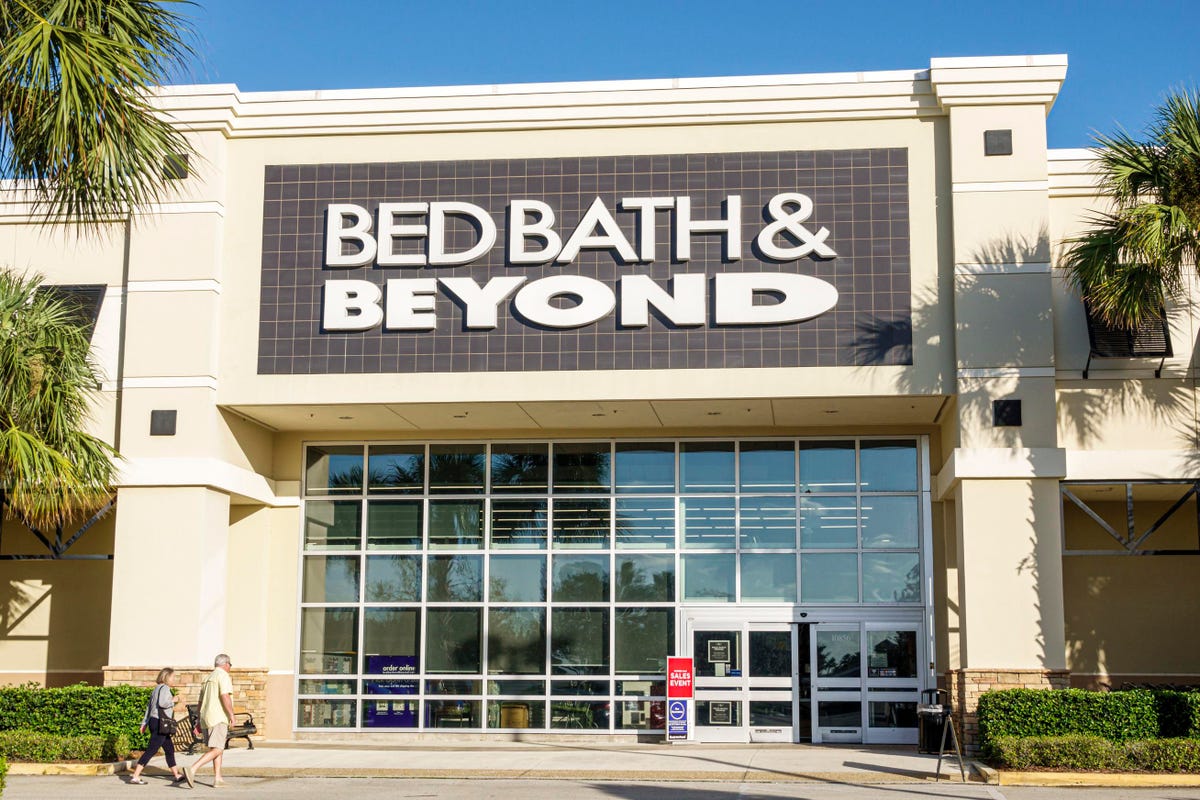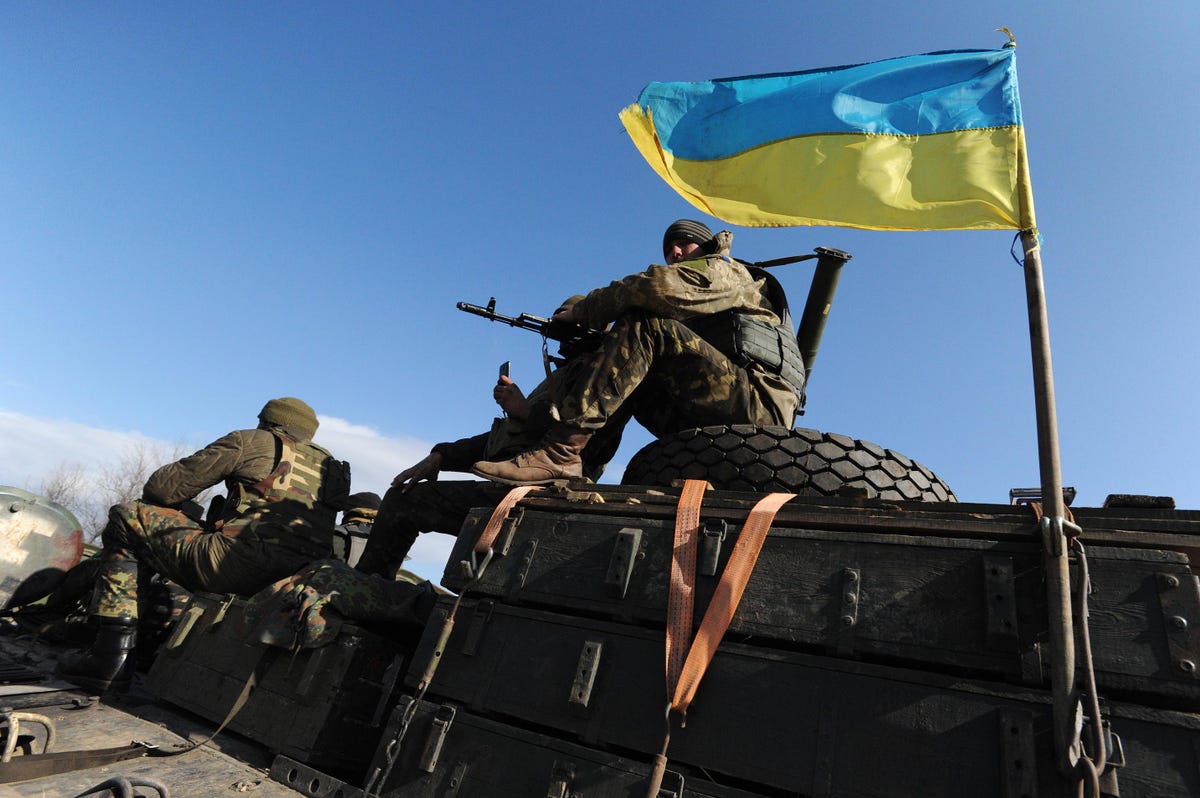BOULDER, CO – Healthcare staff stroll out of a King Sooper’s Grocery retailer after a gunman opened … [+] hearth on March 22, 2021 in Boulder, Colorado. Dozens of police responded to the afternoon capturing wherein no less than one witness described three individuals who gave the impression to be wounded, in line with printed studies. (Photograph by Chet Unusual/Getty Photos))
On Wednesday, authorities in Texas recognized Salvador Ramos because the 18-year-old shooter who had opened hearth in Robb Elementary College in Uvalde, Texas. Ramos, who had killed no less than 19 college students and two academics throughout his capturing spree on Tuesday, had allegedly posted disturbing pictures on-line previous to finishing up the mindless assault.
According to reports, an Instagram account allegedly linked to Ramos featured disturbing images. That account has since been taken down.
It was simply final week that New York’s legal professional common, Letitia James, introduced that her workplace was investigating social media corporations after one other mass shooter had used the net platforms to plan, promote and stream a bloodbath in a Buffalo grocery retailer that left 10 lifeless. James mentioned her workplace would examine Twitch, 4chan, 8chan and Discord together with different platforms that the shooter used to amplify the assault.
Many are asking if warning indicators had been missed.
“It’s inconceivable to forestall individuals from making threats on-line,” defined William V. Pelfrey, Jr., Ph.D., professor within the Wilder College of Authorities and Public Affairs at Virginia Commonwealth University.
But he advised that social media organizations do have an ethical accountability to determine and take away threatening messaging.
“They’re usually abysmal at this process. Direct threats (i.e. I wish to shoot the President, I wish to kill myself) steadily are flagged and investigated. Oblique threats are a lot more durable to determine and barely obtain any consideration,” Pelfrey continued. “Many social media corporations might want to make selections – shield particular person’s rights to make indirect threats or shield security. Compromising freedom of speech appears abhorrent till we weigh that compromise towards the lives misplaced in Buffalo or the various different locations the place radicalized violent extremists discovered their motivation to kill.”
The Anti-Social Networks
As the USA stays very a lot in what President Joe Biden has recognized as an “Uncivil Battle,” the place the nation stays so politically divided, the platforms that had been as soon as about pleasant discussions have advanced very a lot into “anti-social networks” the place individuals now discover themselves in echo chambers that help their opinion and views.
“Social media has compounded a rising racial, cultural and gender divide in America and the world,” defined Anthony Silard, professor at the Luiss Business School, Rome, and the author of The Art of Living Free in the Digital Age.
Social media has enabled the actions of extremists to be live-streamed to the lots.
“One side of the Buffalo capturing that’s important for understanding its conception and operation is that it was not the work of 1 individual,” added Silard. “The shooter introduced his thought group with him by way of stay stream. They had been poised and able to ship out the horrific imagery of harmless individuals being slaughtered earlier than the social media web site, Twitch, may take it down, in a formidable two minutes. They succeeded, but hundreds of thousands watched from the consolation of their screens.
“Along with his thought group nearly current and on the prepared, the shooter felt much less alone and propped up by the hate-imbued ideology of his group,” Silard added. “Herein lies an vital level for lawmakers to think about in regards to the position of social media on this tragedy: it enabled fast, collective motion by a hate group.”
Lack Of Empathy
Social media has additionally been seen as accountable in reducing the empathy of most People. It’s straightforward to “communicate your thoughts” about somebody on social media based mostly on a tweet they made or one thing they posted on Fb. Even like-minded people with related pursuits can discover themselves in severe flare ups that flip hostile.
This has been widespread with e-mail, posts on Newsgroups and on-line boards, however has elevated considerably within the period of social media.
“One of many main causes social media has develop into so harmful to a wholesome society is that it erodes empathy. The explanation city corridor conferences grew to become a wholesome medium for cross-aisle conversations is that individuals needed to hear to one another, even once they disagreed,” mentioned Silard.”Now that these conversations have gone on-line, empathy has fallen to the wayside. A current meta-analysis of seventy-two research carried out between 1979 and 2009, as an example, discovered that the empathy ranges of American school college students have dropped 40 p.c, which the authors primarily attribute to the rise of social media.”
The social media platforms have largely failed to handle the difficulty, and in some circumstances it has solely served to radicalize people, such because the current mass shooters.
“Social media corporations like Fb promised us that its companies would encourage individuals to care extra for one another and categorical their genuine views extra each on-line and in individual. None of this has occurred,” warned Silard. “As an alternative, current Pew analysis has discovered that individuals communicate up much less in individual now for concern of retribution. Why? Social media has helped them notice there are numerous opposing views on the market they would like to not confront.”


